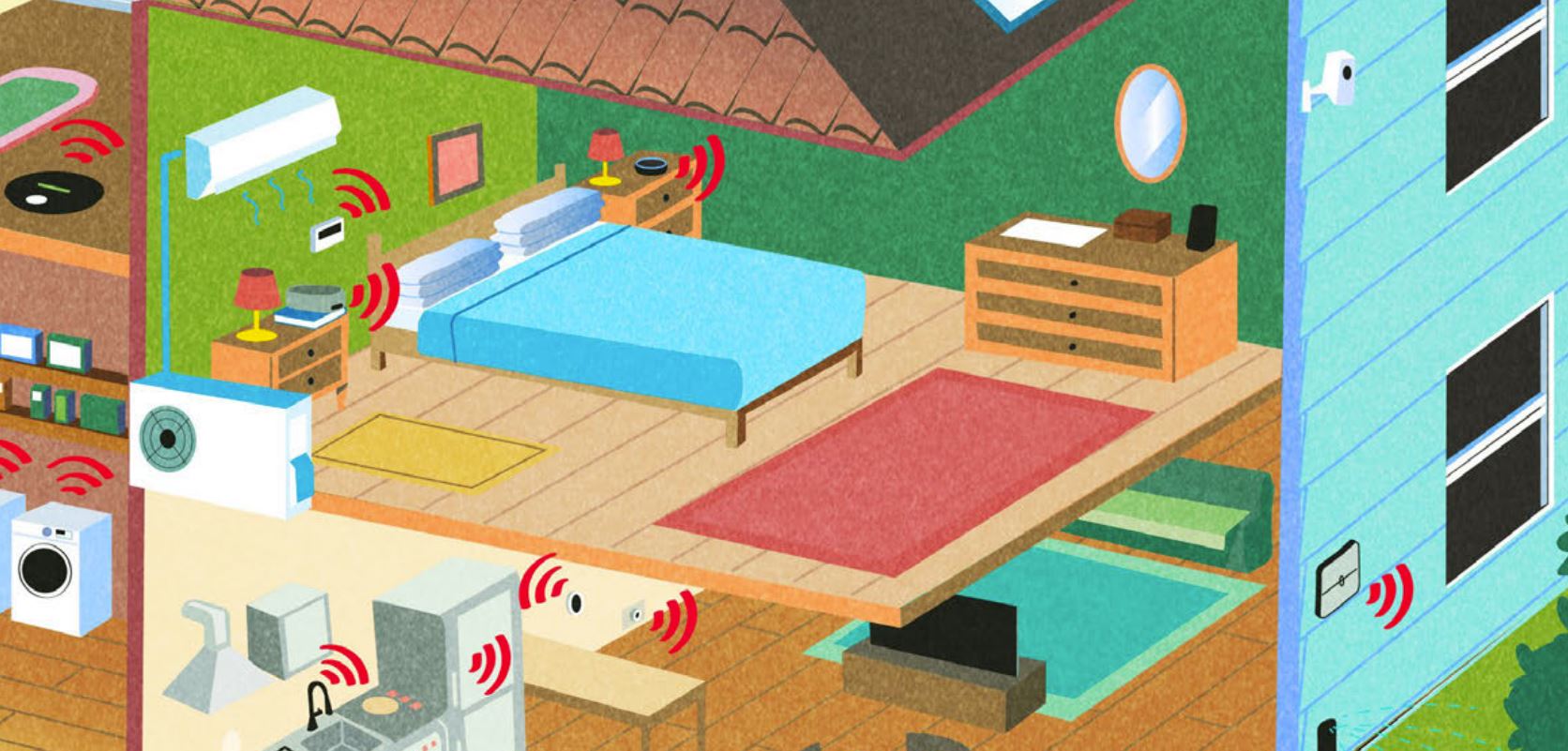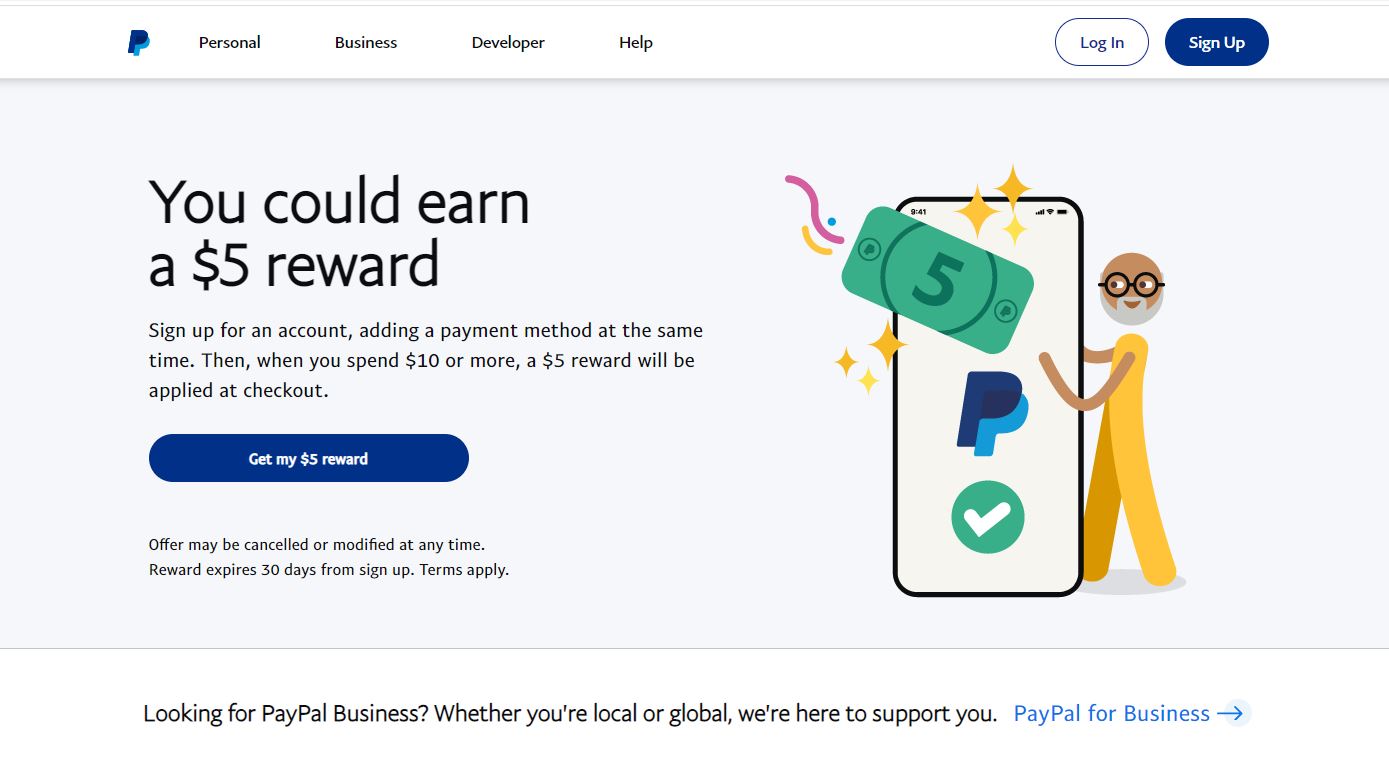Best Age for a Cell Phone
Kids shouldn't have a cell phone until they're old enough to help pay part of the bill.

Profit and prosper with the best of Kiplinger's advice on investing, taxes, retirement, personal finance and much more. Delivered daily. Enter your email in the box and click Sign Me Up.
You are now subscribed
Your newsletter sign-up was successful
Want to add more newsletters?

Delivered daily
Kiplinger Today
Profit and prosper with the best of Kiplinger's advice on investing, taxes, retirement, personal finance and much more delivered daily. Smart money moves start here.

Sent five days a week
Kiplinger A Step Ahead
Get practical help to make better financial decisions in your everyday life, from spending to savings on top deals.

Delivered daily
Kiplinger Closing Bell
Get today's biggest financial and investing headlines delivered to your inbox every day the U.S. stock market is open.

Sent twice a week
Kiplinger Adviser Intel
Financial pros across the country share best practices and fresh tactics to preserve and grow your wealth.

Delivered weekly
Kiplinger Tax Tips
Trim your federal and state tax bills with practical tax-planning and tax-cutting strategies.

Sent twice a week
Kiplinger Retirement Tips
Your twice-a-week guide to planning and enjoying a financially secure and richly rewarding retirement

Sent bimonthly.
Kiplinger Adviser Angle
Insights for advisers, wealth managers and other financial professionals.

Sent twice a week
Kiplinger Investing Weekly
Your twice-a-week roundup of promising stocks, funds, companies and industries you should consider, ones you should avoid, and why.

Sent weekly for six weeks
Kiplinger Invest for Retirement
Your step-by-step six-part series on how to invest for retirement, from devising a successful strategy to exactly which investments to choose.
This isn't exactly a financial question, but it sure has financial implications. How old do you think a child should be to have a cell phone?
You've struck a cord(less) with that one. The cell phone bill has been a big bone of contention in our house, so I’ve come up with this guideline: Kids shouldn't have a cell phone until they're old enough to pay part of the cost (and help decipher the bill).
Children sometimes try to sell their parents on getting a phone at a younger age for safety reasons or because "everyone else has one." Before you let guilt cloud your better judgment, be honest with yourself and your kids: Is safety really a concern, or is it just a smokescreen so the kids can text their friends or look cool?
From just $107.88 $24.99 for Kiplinger Personal Finance
Become a smarter, better informed investor. Subscribe from just $107.88 $24.99, plus get up to 4 Special Issues

Sign up for Kiplinger’s Free Newsletters
Profit and prosper with the best of expert advice on investing, taxes, retirement, personal finance and more - straight to your e-mail.
Profit and prosper with the best of expert advice - straight to your e-mail.
Lest you think I'm an old fogy, my 24-year-old daughter, Claire, has weighed in with some surprisingly strong feelings on this subject. She thinks kids need to learn how to be on their own instead of always being tethered to mom's or dad's wireless.
"When I was a child, part of the fun of going outside to play or to a friend’s house was feeling like I was on my own and taking care of myself," Claire told me. "And really, young kids shouldn't ever be going anywhere where they don't have an adult in charge or can't get to a phone in case of emergency."
Claire's optimum cell-phone age: 15 or when a kid starts to drive.
Whatever you decide, kids should still contribute to the cost. In our household, we agreed to pay for the basic plan but our teenagers paid for their own phones and for text messaging.
If your children are younger or can't afford that, here's a creative suggestion from Steven Nash, of Solon, Ohio.
When Nash decided to get his 12-year-old daughter a cell phone because she was involved in so many activities, he looked at it as an "opportunity." He purchased a phone and drew up his own contract with the following provisions:
"The phone is a spare family phone, and not my daughter's property. The texting option is disabled. If she wants to use the phone, she has to lease it (out of her allowance) for $4 per month. If she goes over a set amount of minutes per month, she owes me 25 cents for each. If the phone is lost, stolen or broken, that is it (she had the option to pay for insurance but declined). Her mother and I retain the option to retrieve and analyze the phone at any time."
Nash's daughter "happily signed the contract."
To keep down the cost and the complications for both you and your kids, consider a prepaid plan, for which you can buy a set number of minutes in advance and don't have to commit to a contract. One Kiplinger's likes for teens is the Boost Mobile Daily Chat & Text plan. You pay a $1-per-day subscription fee, and daytime calls cost 10 cents per minute.
Profit and prosper with the best of Kiplinger's advice on investing, taxes, retirement, personal finance and much more. Delivered daily. Enter your email in the box and click Sign Me Up.

Janet Bodnar is editor-at-large of Kiplinger's Personal Finance, a position she assumed after retiring as editor of the magazine after eight years at the helm. She is a nationally recognized expert on the subjects of women and money, children's and family finances, and financial literacy. She is the author of two books, Money Smart Women and Raising Money Smart Kids. As editor-at-large, she writes two popular columns for Kiplinger, "Money Smart Women" and "Living in Retirement." Bodnar is a graduate of St. Bonaventure University and is a member of its Board of Trustees. She received her master's degree from Columbia University, where she was also a Knight-Bagehot Fellow in Business and Economics Journalism.
-
 How Much It Costs to Host a Super Bowl Party in 2026
How Much It Costs to Host a Super Bowl Party in 2026Hosting a Super Bowl party in 2026 could cost you. Here's a breakdown of food, drink and entertainment costs — plus ways to save.
-
 3 Reasons to Use a 5-Year CD As You Approach Retirement
3 Reasons to Use a 5-Year CD As You Approach RetirementA five-year CD can help you reach other milestones as you approach retirement.
-
 Your Adult Kids Are Doing Fine. Is It Time To Spend Some of Their Inheritance?
Your Adult Kids Are Doing Fine. Is It Time To Spend Some of Their Inheritance?If your kids are successful, do they need an inheritance? Ask yourself these four questions before passing down another dollar.
-
 Smart Strategies for Paying Your Child an Allowance
Smart Strategies for Paying Your Child an AllowanceBy giving your kids money to spend and save, you’ll help them sharpen their financial skills at an early age.
-
 When Tech is Too Much
When Tech is Too MuchOur Kiplinger Retirement Report editor, David Crook, sounds off on the everyday annoyances of technology.
-
 I Let AI Read Privacy Policies for Me. Here's What I Learned
I Let AI Read Privacy Policies for Me. Here's What I LearnedA reporter uses AI to review privacy policies, in an effort to better protect herself from fraud and scams.
-
 What Is AI? Artificial Intelligence 101
What Is AI? Artificial Intelligence 101Artificial intelligence has sparked huge excitement among investors and businesses, but what exactly does the term mean?
-
 The 27 Best Smart Home Devices
The 27 Best Smart Home Devicesgadgets Innovations ranging from voice-activated faucets to robotic lawn mowers can easily boost your home’s IQ—and create more free time for you.
-
 How to Motivate Kids to Save
How to Motivate Kids to Savepersonal finance It's not easy teaching your child to save. Here are some ways readers have incentivized their kids to keep track of their finances.
-
 How to Choose the Right Payment App
How to Choose the Right Payment Appbanking Using PayPal, Venmo, Zelle and other apps is convenient, but there are pros and cons to each.
-
 Shop for a New Wireless Plan and Save Big
Shop for a New Wireless Plan and Save BigSmart Buying Competition is fierce, and carriers are dangling free phones and streaming subscriptions.